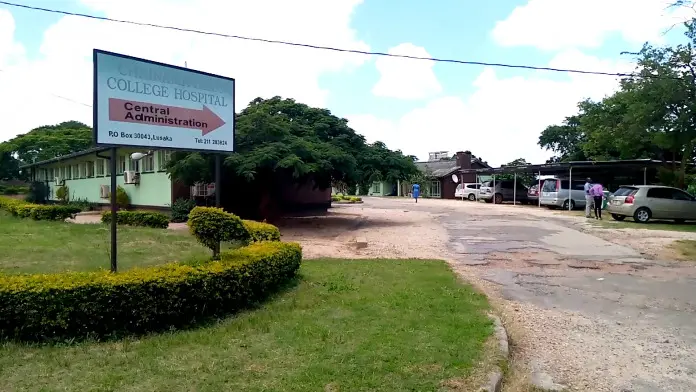In a world that is increasingly embracing the importance of mental health, the call to destigmatize mental health facilities is gaining momentum world over. A lot of people find it difficult to seek mental health care due to the huge stigma which comes with the topic of mental health.
Most health facilities have been associated to places of ‘mad’ people, rather than mentally challenged individuals. Imagine, a place that is supposed to be your go to and run to, being painted black. Such is the case of Chainama Hills Mental Hospital.
Being Zambia’s biggest and oldest mental health facility, Chainama hospital was established to offer the best mental health services, in a bid to reduce the increasing number of mental health related challenges and its effects. However, the hospital has faced numerous challenges in carrying out its mandate as most people relate it to a place for ‘mad’ people.
Though the name is associated with madness, Chainama is a Soli phrase that means “I’m well, mother.” It is a combination of the response ‘Chena’, meaning I’m well, and ‘Ma’ which is used as reference to mother in Soli. Like most words and phrases, the two words were conjoined together to make Chainama back in 1967. Unfortunately, the name is not used to reflect its meaning.
Historically, mental health facilities have been shrouded in a cloud of misunderstanding and fear. People with mental health conditions often face isolation, discrimination, and unjust judgment. Most of them have feared going to seek professional health for fear of being called mad, especially when the places that they seek their help from are called all sorts of names.
Dr. George Tafuna, the Senior Public Relations Officer at the hospital, bemoaned how the stigma associated to the name Chainama has affected the access to mental health services. He says most people have opted to shun away because society will perceive them as mad.
“It has even become hard for mental health staff at our institution to tell everyone in society that they work for Chainama. They fear being laughed at,” Dr. Tafuna says.
“If only we realized how important Chainama has been in shaping sound minds, we would run here everytime we are faced with mental issues”, he adds.
Today, even though mental health facilities are transforming their image, striving to become beacons of hope and acceptance, more needs to be done to associate the name Chainama with it’s right meaning.
For most individuals, seeking mental health services from places like Chainama sounds like more stress. The challenge however, is that there are no other government institutions that offer free mental health services. Though this is not the case, as there exit mental services in certain government hospitals, Chainama stands like the Supreme court.
Mary Miyanda , when asked if she could or have already gone to seek any services from Chainama, said she was not mad. “ I am not mad, why should I go to Chainama? I don’t think that is a place that anyone should ever want to visit”, she says.
She added that Chainama is not a place she ever wants to find herself at. Clearly, Mary and a lot others feel the facility is strictly for mad people, which is not the case.
In order to curb the stigma, mental health facilities are today actively engaging in community outreach and education programs to challenge misconceptions and stereotypes. By sharing personal stories and advocating for understanding, they are working towards reducing the stigma associated with seeking help from different mental health facilities.
This shift in perception is not only limited to the physical aspects of mental health facilities but also extends to the language and attitudes used by professionals and the wider public. Sensitivity and inclusivity are becoming paramount, as professionals recognize the power of their words and actions in promoting healing and recovery.
Destigmatizing mental health facilities is a crucial step towards creating an environment where individuals feel empowered to seek help without fear of judgment or discrimination. It is a collective effort that will pave way for a society that values mental health, embraces diversity, and fosters empathy.
Surely, a mentally sound people is a healthy nation. Therefore, there is need for concerted efforts to ensure that people are free to access mental health services without being stigmatized. Stigma of all forms should be discouraged at all cost. In the end, everyone should be able to smile and say “I’m well, mother.”

